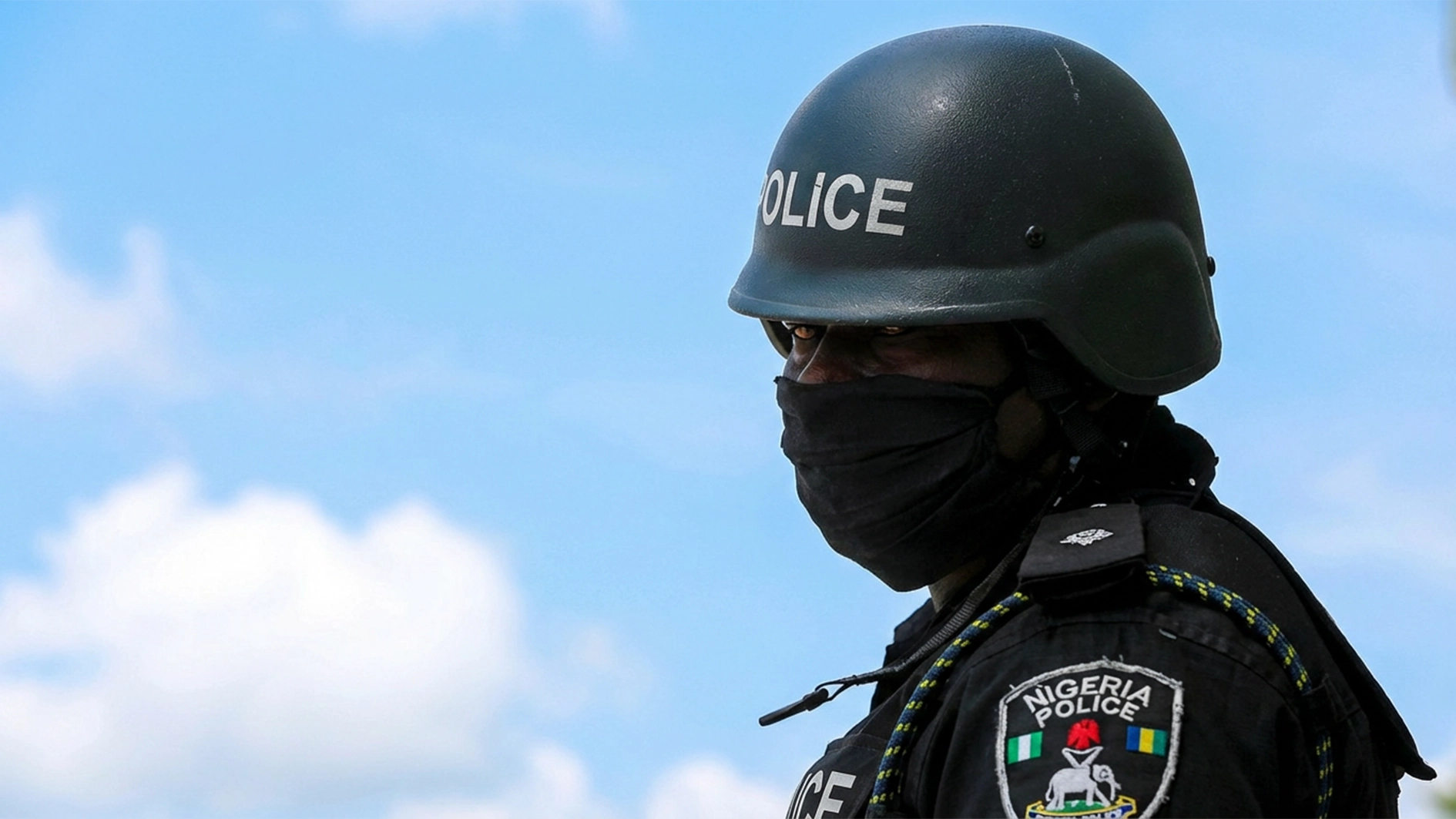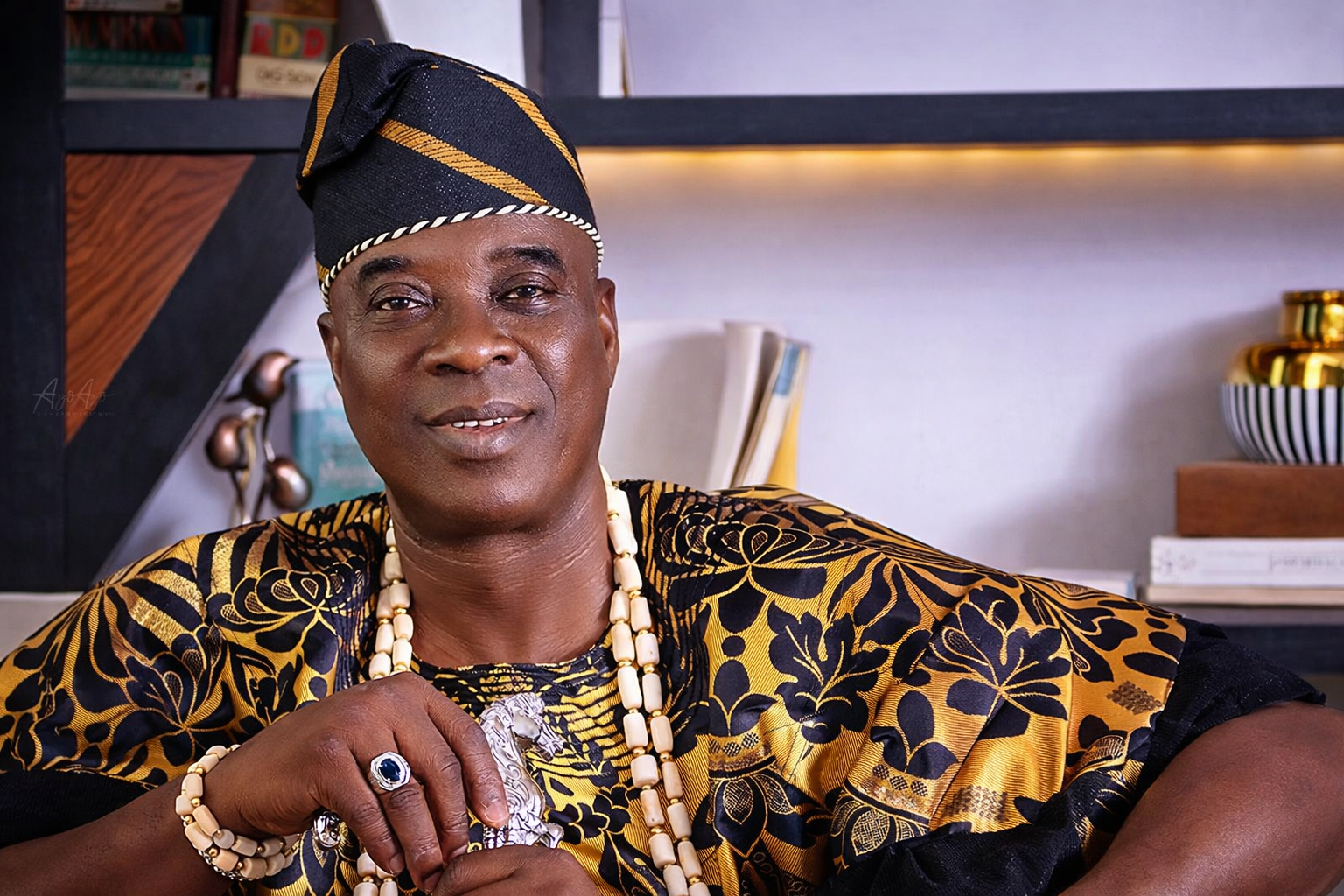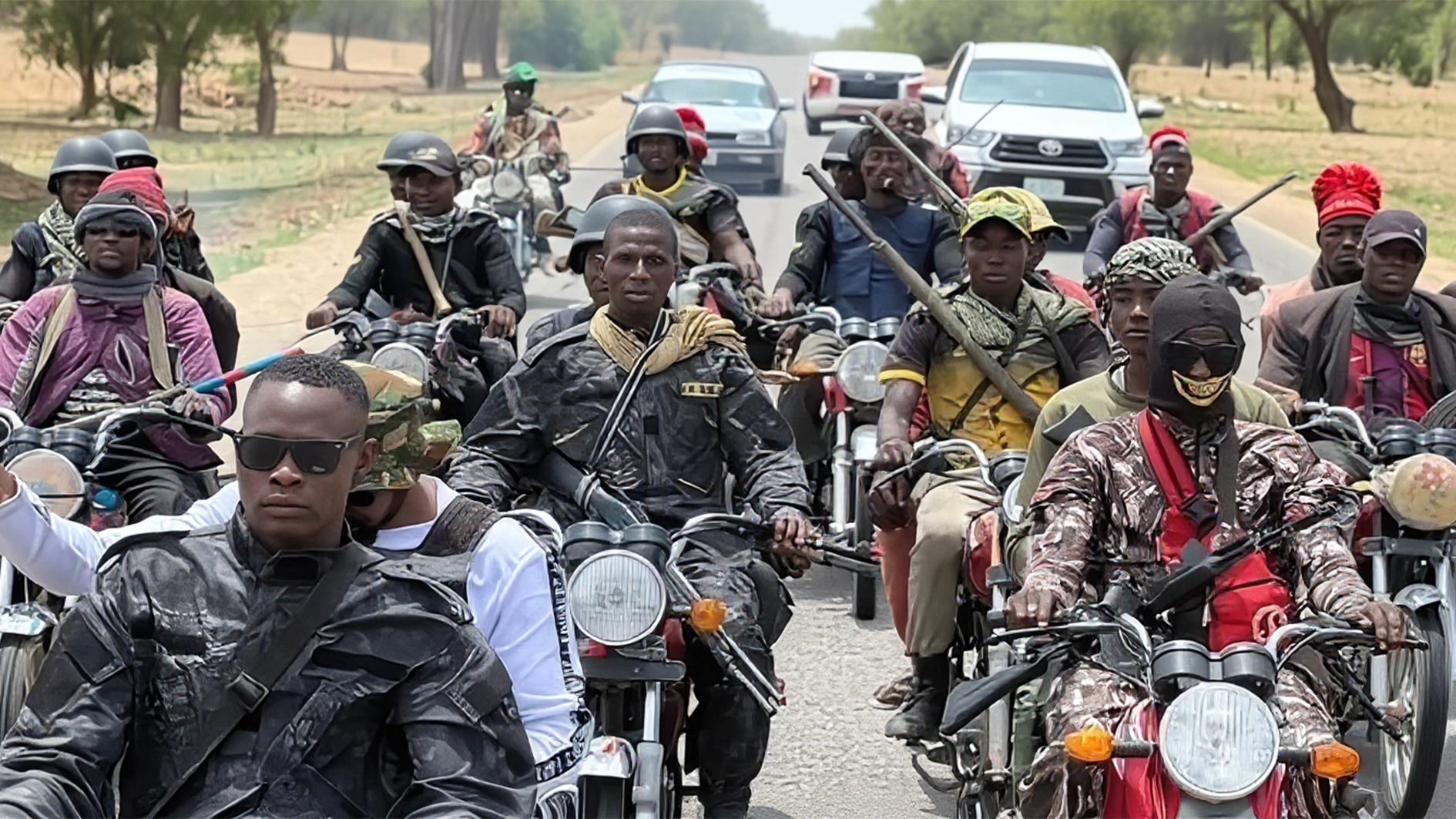Catholic Bishop of Sokoto Diocese, Matthew Hassan Kukah, has said Nigeria missed a historic opportunity to build a strong and united nation after independence, citing the absence of visionary leadership, the trauma of political assassinations, and the destructive role of military rule.
Kukah, speaking on Arise Television’s Prime Time programme on Thursday night, reflected on the trajectory of the country since 1960, insisting that Nigeria has failed to produce a national dream capable of inspiring its people.
“No Inspiring Speech Since Independence”
The cleric argued that no Nigerian leader has delivered a speech to match the significance of the independence address in 1960.
“I’ve always said, for example, close your eyes and ask yourself after the 1960 speech, whether there is a speech of any president of Nigeria that has made you feel wow,” Kukah said.
He drew comparisons with American political history: “The America today is a myth, the American Dream. Nation building is about mythology. It’s not about reality. But you see, Nigeria has not had the ability and the capacity to create a dream.”
Kukah lamented that successive leaders, particularly military rulers, stifled intellectual debate in governance.
“Once the soldiers found that they couldn’t win the intellectual argument, they didn’t allow intellect to become a dominant force,” he said. “Therefore, as they said, people were teaching what they were not paid to teach.”
“North Yet to Heal From Assassinations”
Kukah also said many Northerners remain deeply scarred by the assassinations of two founding fathers, Sir Ahmadu Bello, the Sardauna of Sokoto, and Prime Minister Tafawa Balewa, in the January 1966 coup.
“And I can tell you, most Northerners who are in their 70s and 80s still cannot come to terms with the brutal killing of the Sardauna and Tafawa Balewa,” he said.
He criticised the nation’s failure to address such painful chapters honestly: “Unfortunately, we have a country that doesn’t like to confront the truth. We often say as Africans, forgive and forget. And we bury the hatchet, but the handle is outside.”
According to him, the unhealed wounds of history have derailed Nigeria’s founding vision: “This is why the dreams of our fathers, our founding fathers, have now become nightmares for us. And we now ended up with a situation in which the recruitment process, whether it’s for public life or the bureaucracy, all of those things came crashing.”
“Military Set Nigeria Back”
Reflecting on Nigeria’s early promise, Kukah said the country once had all the ingredients for success comparable to global models like Singapore, Japan, and Malaysia.
“As a little kid, I remember all we wanted to do was just to see what the Sardauna looked like. In my little village, they were going around with these screens showing us all kinds of things. We had all the wonderful things,” he recalled.
But, he added, the military’s incursion into politics destroyed institutions and eroded meritocracy. “We could have been better than Singapore. We could have been better than Malaysia. Literally, no one would have seen our back had the military not struck,” he said.
“The reason why Singapore is the way it is, is not because Lee Kuan Yew did an extraordinarily good job, but it’s about inherited bureaucracy. And the destruction of the bureaucracy, the destruction of society escalated. Then ethnic identity and consciousness began to emerge.”
A Nation in Search of Vision
For Kukah, the country’s greatest challenge remains its inability to construct a collective dream that transcends divisions. He argued that without intellectual content in governance, mythologies that unify people, and an honest confrontation of history, Nigeria cannot move forward.
“We have not had the time, the honesty, the sincerity to come to the table to say what went wrong,” he said.






